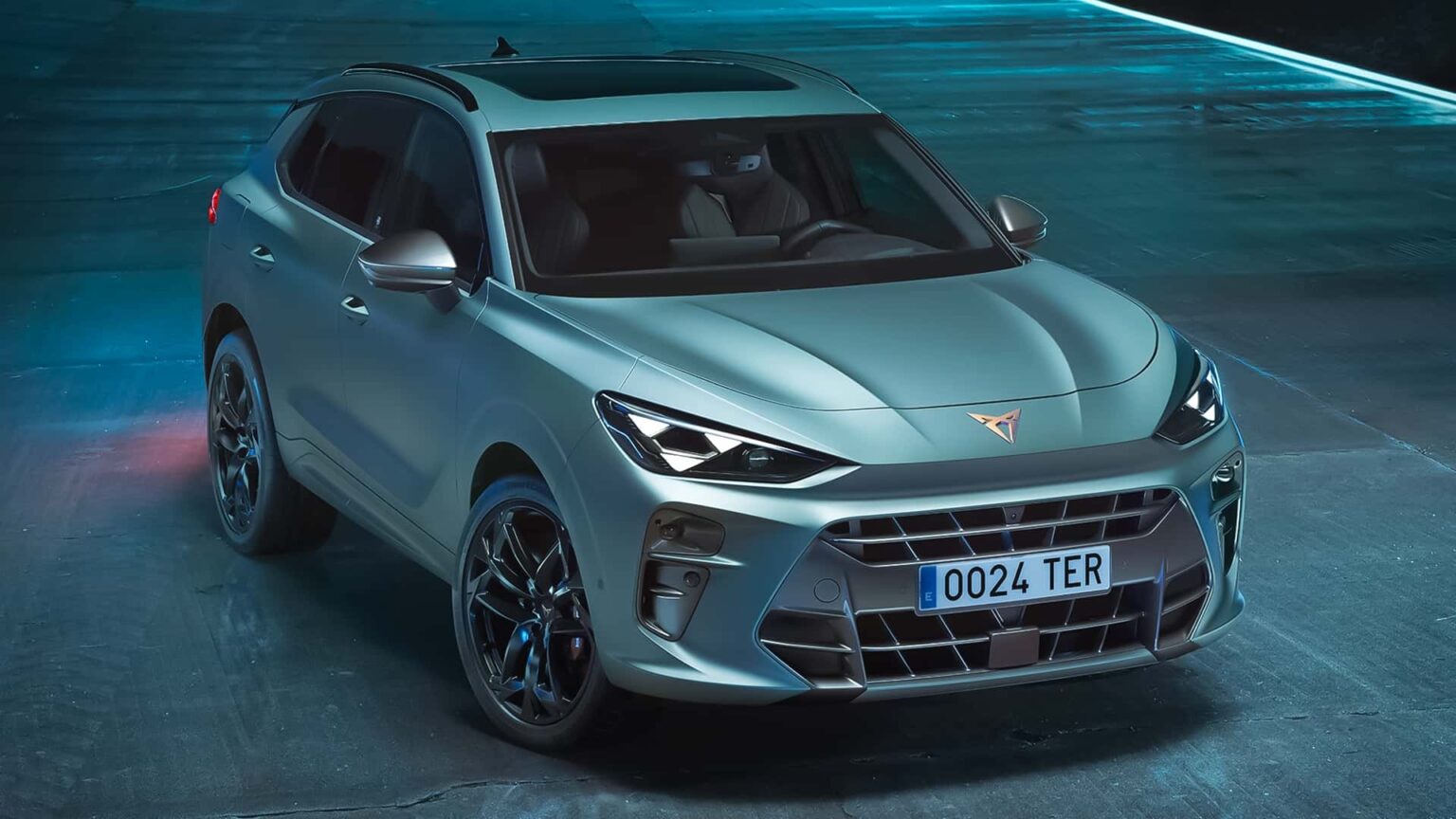The Volkswagen Group had set its sights on bringing Cupra to the United States by the end of the decade. However, the plan announced about a year ago is no longer in place, as the Spanish automaker has “strategically decided to postpone” its entry into the U.S. until after 2030. Why? It cites “ongoing challenges within the automotive industry and in light of evolving market dynamics.”
The vague statement doesn’t mention tariffs, but the volatile situation in the U.S. likely played a role in the VW Group’s decision to delay launching the Cupra brand. Originally, the company had intended to bring an electric Formentor to America, along with a larger electric SUV. But not all vehicles were supposed to be EVs. Former SEAT and Cupra CEO Wayne Griffiths told us late last year that hybrids, plug-in hybrids, and pure gas cars were also part of the plan.
The strategy included opening 20 so-called Cupra City Garages with the help of Penske across the country, targeting the East and West Coasts as well as Sun Belt states. Rather than replicating its European lineup, Cupra aimed for a U.S.-specific portfolio, including a locally built vehicle. The models were expected to be larger and feature a distinct design language tailored to American tastes. The medium-term goal was to sell 100,000 units annually.
Cupra emphasizes that it’s only delaying the launch, not canceling it: “We’re not stopping, just postponing our U.S. launch and will continue to monitor market developments in the coming years to determine the best timing and approach, aligned with the brand’s long-term vision,” said Sven Schuwirth, Executive Vice-President for Sales, Marketing and Aftersales at SEAT.
Meanwhile, Cupra had its best first half of the year to date, delivering 167,600 units, up 33.4 percent compared to the same period last year. Since being spun off from SEAT in 2018, the brand has sold more than 900,000 vehicles and expects to reach the one-million milestone in the coming months. Cupra is now outselling SEAT, which suffered a 21.4 percent decline to 135,000 units, or 32,600 fewer cars than the younger brand.
Cupra’s announcement follows a similar decision by Renault, which had planned to bring its Alpine sub-brand to the U.S. by 2027. During a recent earnings call, Renault CFO and interim CEO Duncan Minto attributed the delay to ongoing uncertainty in the American market: “Considering what’s going on in the U.S. at the moment, I don’t think it’s the right time to spend money.”
Read the full article here


